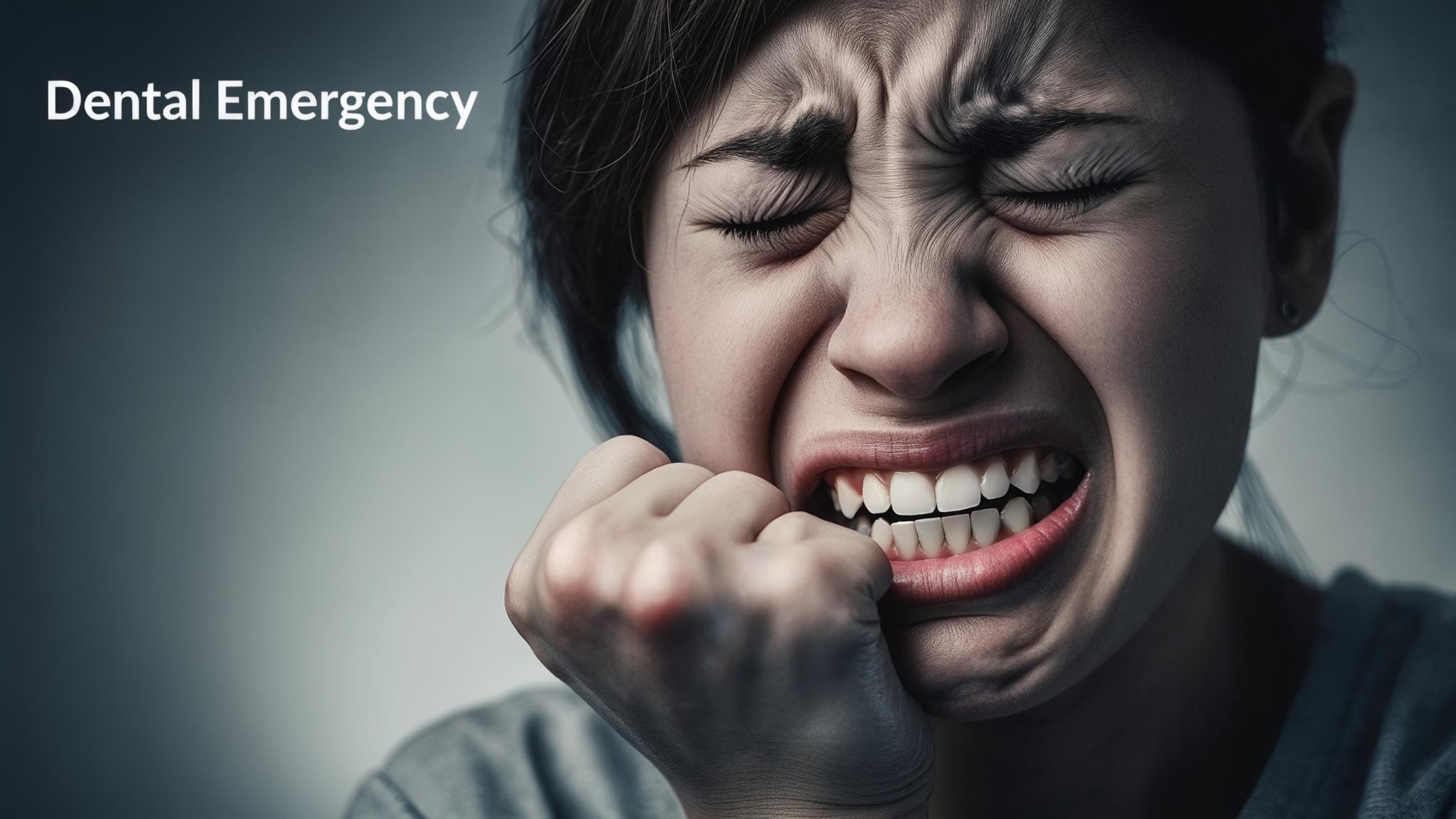Understanding Dental Emergencies
Dental emergencies can happen when you least expect them, and knowing what constitutes an emergency is crucial. A dental emergency involves situations where immediate professional attention is needed to alleviate severe pain, prevent further damage, or address an infection.
Timely dental treatment is essential because delaying care can lead to complications that are more challenging to treat. When it comes to tooth extraction, this procedure becomes necessary in certain situations to maintain overall oral health.
Common Reasons for Tooth Extraction
Tooth extraction may sound intimidating, but it's sometimes the best course of action to protect your dental health. Here are some common reasons why a dentist might recommend removing a tooth:
- Severe Tooth Decay: When decay penetrates deep into the tooth, it can cause unbearable pain and infection, leaving extraction as the only option.
- Gum Disease (Periodontitis): Advanced gum disease can damage the tissues and bone supporting your teeth, necessitating removal.
- Tooth Impaction (Wisdom Teeth): Impacted teeth, especially wisdom teeth, can cause pain and crowding, often requiring extraction.
- Overcrowding and Orthodontic Considerations: Sometimes, teeth need to be removed to make room for others, especially when preparing for braces.
- Dental Trauma or Fracture: An injury or broken tooth that can't be repaired might need to be extracted to prevent further issues.
Signs and Symptoms Indicating Immediate Extraction
Recognizing the signs that point to the need for immediate extraction can save you from a world of hurt. Here are some symptoms that shouldn't be ignored:
- Severe Pain and Discomfort: Persistent pain is a clear signal that something is wrong.
- Swelling and Inflammation: Swelling around the tooth can indicate infection or other serious issues.
- Presence of an Abscess or Infection: A pus-filled abscess is a red flag for immediate attention.
- Difficulty in Chewing or Biting: Trouble eating can mean the tooth is severely compromised.
- Fever or Systemic Symptoms: Fever, alongside dental issues, can suggest a spreading infection.
Risks of Delaying Tooth Extraction
Putting off a necessary tooth extraction can lead to several risks:
- Progression of Infection: An untreated infection can spread to other teeth or even lead to systemic issues like sepsis.
- Increased Pain and Discomfort: The longer you wait, the worse the pain can become.
- Development of Complications: Delays can lead to cysts or bone loss, complicating future treatments.
- Financial Implications: Waiting might result in more extensive and costly treatments later.
Situations Where Waiting May Be Dangerous
Certain scenarios demand prompt action:
- Impacted Wisdom Teeth: These can cause significant pain and alignment issues if not addressed.
- Advanced Periodontal Disease: This can rapidly deteriorate oral health if left untreated.
- Severe Dental Abscesses: These can lead to serious infections if not promptly drained and treated.
- Trauma-Related Extractions: Quick action can prevent further damage and complications.
When is it Acceptable to Delay Extraction?
Not every dental issue requires immediate extraction. Here are some cases where waiting might be acceptable:
- Non-Urgent Dental Issues: Minor problems can sometimes wait, especially if they're not causing pain.
- Coordination with Other Treatments: Sometimes, extractions are planned as part of orthodontic treatment.
- Patient's Overall Health Considerations: Your dentist might delay extraction if you have other health issues that need stabilization first.
Conclusion
Timely tooth extraction is crucial to preventing complications and maintaining oral health. If you experience any symptoms mentioned, it's important to seek dental care promptly. By staying proactive, you can prevent emergencies and keep your smile healthy.
Call to Action
Don't wait for a dental emergency to strike. Schedule regular dental check-ups to catch potential issues early. If you're experiencing symptoms, contact your dentist immediately. Remember, being proactive about your dental health is the best way to avoid emergencies.

